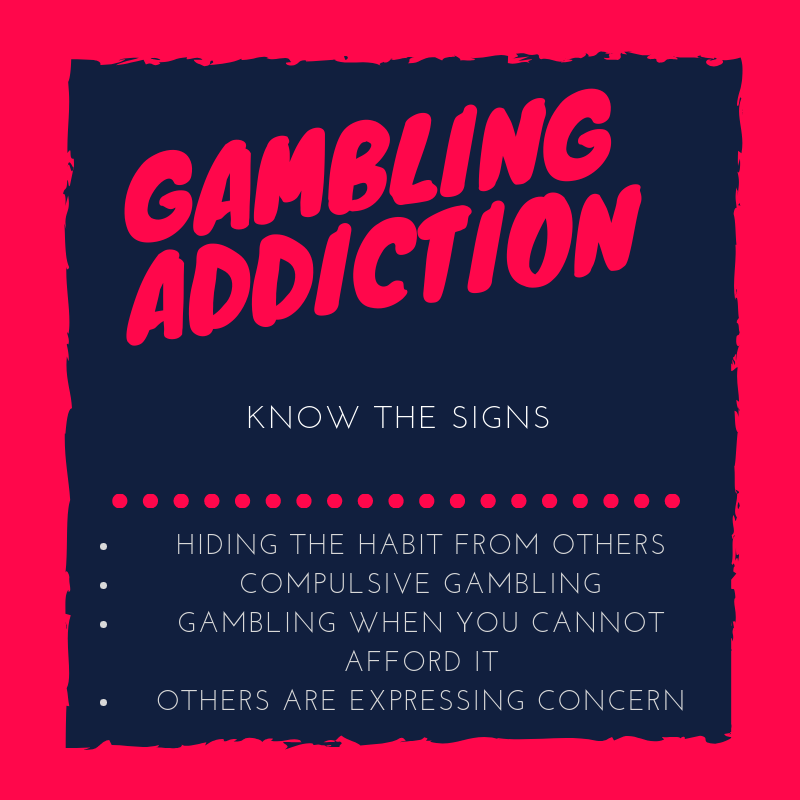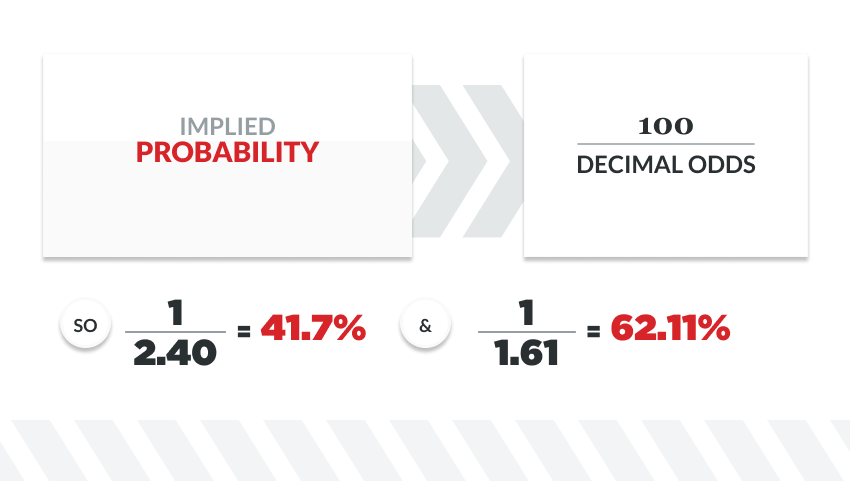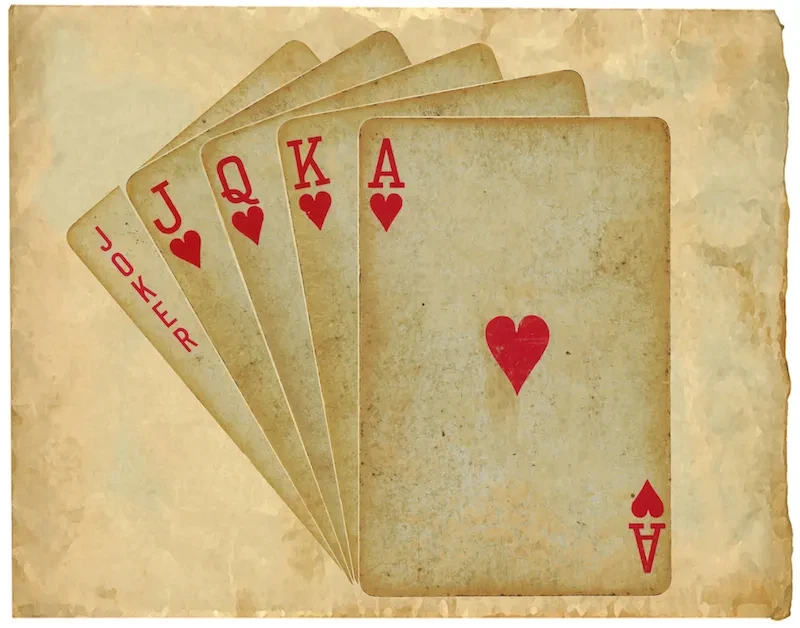
Recognizing the Signs of Problem Gambling
- 0
As technology continues to advance, the world of online gambling has also seen significant growth. With the convenience of being able to gamble from anywhere at any time, it’s no surprise that more and more people are trying their luck in online casinos and betting sites. However, with this convenience comes the risk of problem gambling, which can have serious consequences if left unchecked.
What is Problem Gambling?
Problem gambling, also known as gambling addiction or compulsive gambling, is a type of impulse-control disorder. It is characterized by the inability to resist the urge to gamble, despite negative consequences. Problem gamblers often prioritize gambling over other aspects of their life, leading to financial difficulties, strained relationships, and even health issues.
Signs of Problem Gambling
Recognizing the signs of problem gambling early on is crucial in preventing further consequences. Here are some common signs to look out for:
1. Increasing Preoccupation with Gambling
One of the first signs of problem gambling is an increasing preoccupation with gambling. If you find yourself constantly thinking about gambling, planning your next bet, or feeling restless when you’re not gambling, it may be a red flag.
2. Need to Bet More Money
As problem gambling progresses, individuals may find themselves needing to bet larger amounts of money to achieve the same level of excitement or satisfaction. This can lead to financial difficulties and debt.
3. Failed Attempts to Stop Gambling
Despite recognizing the negative consequences of their gambling habits, problem gamblers often find it difficult to stop. They may make promises to themselves or others to quit, only to find themselves back at the online casino or betting site.
4. Neglecting Responsibilities
Problem gambling can lead individuals to neglect their responsibilities, such as work, school, or family obligations. They may prioritize gambling over these important areas of their life, leading to strained relationships and job loss.
5. Borrowing Money to Gamble
Another sign of problem gambling is borrowing money to gamble or using money that should be allocated for other purposes, such as bills or groceries. This can further exacerbate financial difficulties and lead to a vicious cycle of debt.
What to Do If You Recognize the Signs
If you recognize any of these signs in yourself or a loved one, it’s important to seek help as soon as possible. There are resources available for problem gamblers, such as counseling, support groups, and helplines. Talking to a mental health professional can also provide valuable insight and guidance on how to address the issue.
Remember, problem gambling is a serious condition that can have severe consequences if left untreated. By recognizing the signs and seeking help early on, you can prevent further harm and work towards a healthier relationship with gambling.
Don’t let problem gambling take over your life. Take action today and reach out for support. You’re not alone in this journey.

